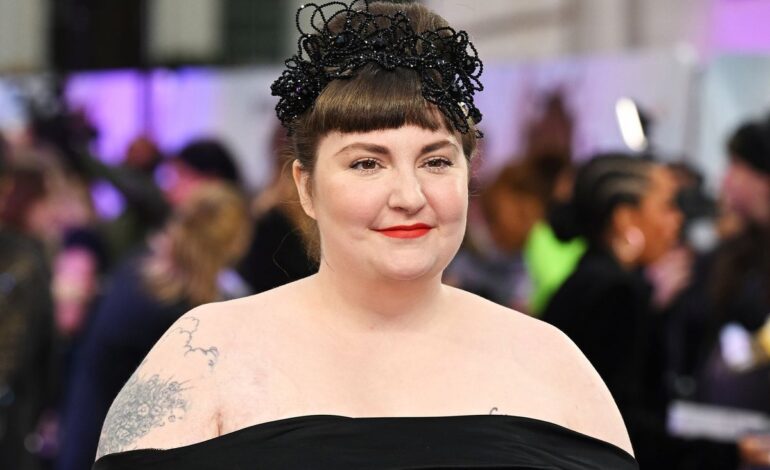Why Lena Dunham Is Done With the ‘Insane’ Body Obsession

I suppose you glimpsed a headline or two about Lena Dunham’s latest social media tirade and still can’t piece together why everyone’s fixated on her silhouette. Let me walk you through it step by painstaking step. Over the past week, the Girls creator took to Instagram to call out what she labeled an “insane obsession” over the “shape of my body,” and yes, it’s as pointed as the phrase suggests.
According to People magazine, Dunham’s post arrived alongside a candid black-and-white mirror selfie. Captioning the shot, she ridiculed pundits who treat her figure like a public commodity, writing that obsessing over her waist-to-hip ratio or digestive quirks is “beyond exhausting.” Entertainment Tonight later highlighted her quip about eating disorders and mental health—topics she’s championed since launching her Hopefuls podcast. By weaving in personal anecdotes about restrictive diets she once tried at nineteen, Dunham stressed this fixation isn’t a harmless pastime but a potential trigger for vulnerable fans.
To really hammer home her point, Dunham referenced recent studies—one from the International Journal of Eating Disorders—that link relentless body critique to increased anxiety in young adults. She cited peer-reviewed research showing how social media filters and commentary can warp self-image and even fuel depression. Rolling Stone followed up, noting that these data underscore why celebrities speaking out matters. In her defense, Lena isn’t just complaining; she’s raising awareness about the pressure cooker created by clickbait culture.
If you missed the backstory, this rant didn’t come out of nowhere. Last month, an influencer blog dissected Dunham’s red carpet look at a film premiere, zooming in on her midsection with commentary that veered into uncalled-for health speculation. People and ET Online both flagged that incident as the tipping point. She’s making it clear she won’t stay silent while the media dissects her body to padded metrics and wellness “experts.”
Beyond the outrage, Dunham offered a quick self-care tip by recommending a few of her favorite body-positive reads and online support groups—lest anyone forget she’s still trying to help you navigate mental health like she always does. And yes, she reminded us that real headlines should capture her work, not waistlines.
So there you have it: a master class in how to push back against unsolicited commentary with wit, facts, and a dash of scholarly flair. Well, now you’re all caught up—glad I could clear that up for you.
Sources: Celebrity Storm and People magazine, Entertainment Tonight, International Journal of Eating Disorders, Rolling Stone
Attribution: Creative Commons Licensed




